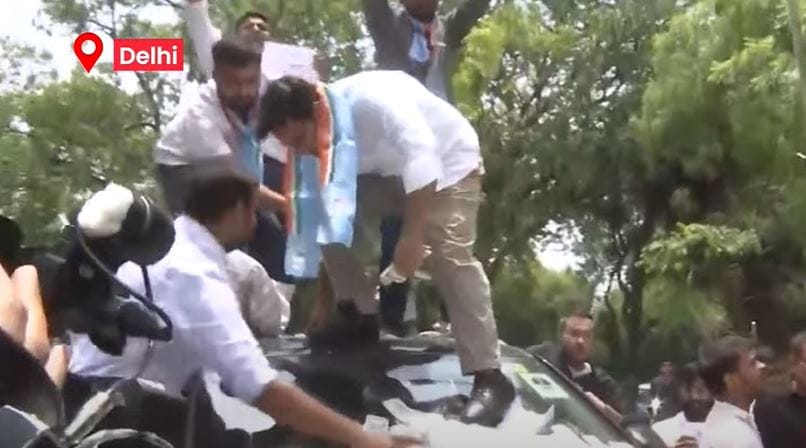The recent NEET 2024 exam crisis has ignited a firestorm of debate and controversy, engulfing Parliament, the Supreme Court, and the media. While allegations of malpractice and the clamor for digital solutions dominate the discourse, a crucial truth remains obscured: the very foundation of India’s medical entrance examination is flawed. This editorial delves into the complexities surrounding NEET, advocating for comprehensive reform rather than outright dismissal.
The Allegations and Misconceptions
Claims of widespread cheating during NEET 2024, while concerning, lack conclusive evidence. Isolated incidents of tampering by examination superintendents do not invalidate the entire process. Moreover, the intricate design of OMR sheets and randomized question sets makes orchestrated cheating highly improbable.
The integrity of the National Testing Agency (NTA), the body responsible for conducting NEET, has been unfairly tarnished. Misplaced accusations of question paper leaks and systemic malpractice disregard the rigorous protocols in place to ensure fairness and security. While improvements can be made, scrapping the exam altogether would be a misguided response.
Reforming the Examination Process
Rather than succumbing to the allure of quick-fix digital solutions, India must focus on strengthening the governance of its entrance examinations. This involves:
- Refining the OMR System: While online examinations may seem appealing, the familiarity and accessibility of pen-and-paper tests cannot be ignored. Instead of a wholesale shift, the existing hybrid model—combining OMR sheets with computer-based processing—can be enhanced to ensure greater efficiency and security.
- Establishing a Grace Marks Policy: The current practice of awarding grace marks lacks uniformity and clarity. A well-defined policy would address this issue, ensuring fairness and consistency in scoring.
- Leveraging Existing Infrastructure: Instead of relying on private institutions, the vast network of government schools and colleges can be utilized as examination centers, expanding reach and reducing costs.
- Enhancing Oversight and Accountability: State coordinators and observers must be appointed with utmost care, and district authorities should be entrusted with the secure handling of question papers. These measures would strengthen oversight and deter potential malpractice.
The Path Forward
The NEET exam, while flawed, serves a vital purpose in identifying qualified candidates for India’s medical programs. Discarding it would be a disservice to aspiring students and the healthcare system at large. Instead, a comprehensive approach to reform is needed, one that addresses the root causes of malpractice, strengthens governance, and ensures equitable access to quality medical education.
The government-appointed committee tasked with investigating the NEET issue must adopt a holistic perspective. By focusing on process mapping, change management, and data security, India can transform its entrance examinations into models of fairness, transparency, and efficiency.

Sunil Garnayak is an expert in Indian news with extensive knowledge of the nation’s political, social, and economic landscape and international relations. With years of experience in journalism, Sunil delivers in-depth analysis and accurate reporting that keeps readers informed about the latest developments in India. His commitment to factual accuracy and nuanced storytelling ensures that his articles provide valuable insights into the country’s most pressing issues.



